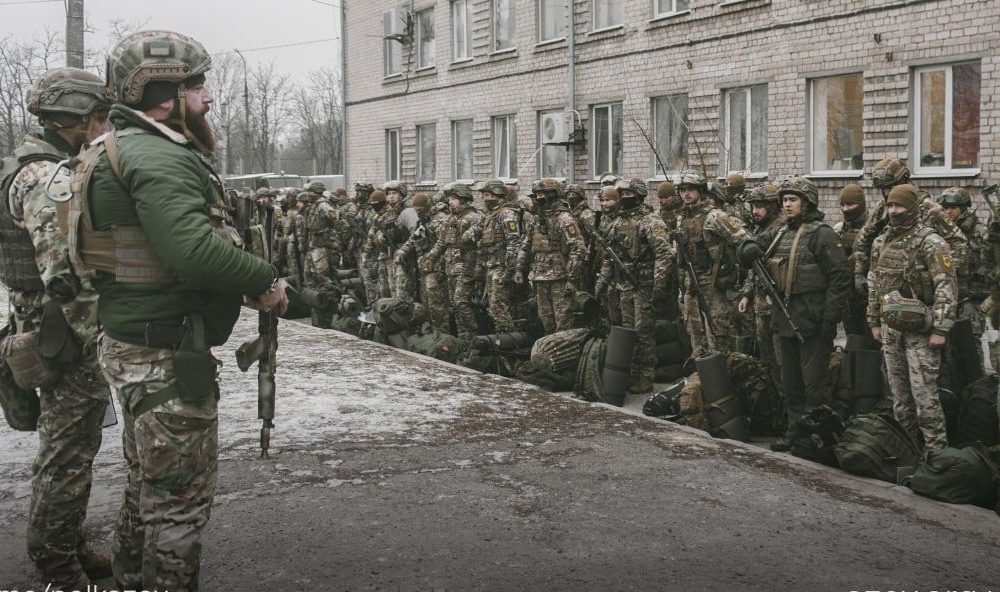Already a subscriber? Make sure to log into your account before viewing this content. You can access your account by hitting the “login” button on the top right corner. Still unable to see the content after signing in? Make sure your card on file is up-to-date.
According to the State Department, The United States has removed its ban on supplying weapons and training to Ukraine’s Azov Brigade.
Despite being one of Ukraine’s most effective military units, the Azov Brigade has faced scrutiny due to its origins as a volunteer battalion with ties to far-right groups. Previously, the US banned the brigade from receiving American aid due to the neo-Nazi affiliations of some of its early members.

A State Department spokesperson, confirmed to the BBC that the Azov Brigade, now integrated into Ukraine’s National Guard as the 12th Special Forces Brigade, passed a rigorous vetting process. “We found no evidence of gross human rights violations,” the spokesperson stated, addressing accusations made by Russia. They added, “Russian disinformation attempts to conflate Ukraine’s National Guard Unit of 12th Special Forces Brigade Azov with a militia formed to defend Ukraine against Russia’s invasion in 2014, called the Azov Battalion.”

The decision to lift the ban was welcomed by the Azov Brigade. In a statement, the brigade highlighted the strategic and humanitarian benefits of receiving Western support, saying, “The lies about Azov, which the Kremlin regime has been spreading in the West for years, received a devastating blow today. Receiving Western weapons and training from the U.S. will not only increase the combat capability of Azov but also contribute to the preservation of the lives and health of the personnel.”
Moscow criticized the US decision, with Kremlin spokesman Dmitry Peskov expressing an “extremely negative” view and accusing Washington of “flirting with neo-Nazis.”
Some background:
The Azov unit was initially formed in 2014 to combat Russian-backed separatists in the Donbas region. Although some early members had far-right links, the brigade’s current leadership denies any such associations. Despite this, the Kremlin has used the unit’s controversial past to justify its invasion of Ukraine, labeling Azov as an “ultranationalist armed formation.”






